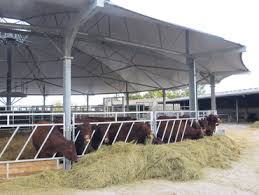×
The Standard e-Paper
Stay Informed, Even Offline

There is yoghurt and there is Bulgarian yoghurt. In case you did not know, Bulgaria is the birthplace of yoghurt, an invention made 4,000 years ago. Sample the cool part, Lactobacillus bulgaricus, the bacteria that curdles milk, is named after Bulgaria.